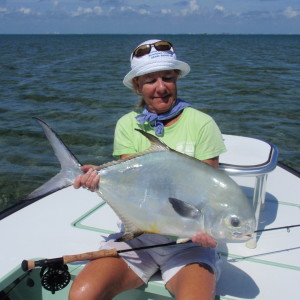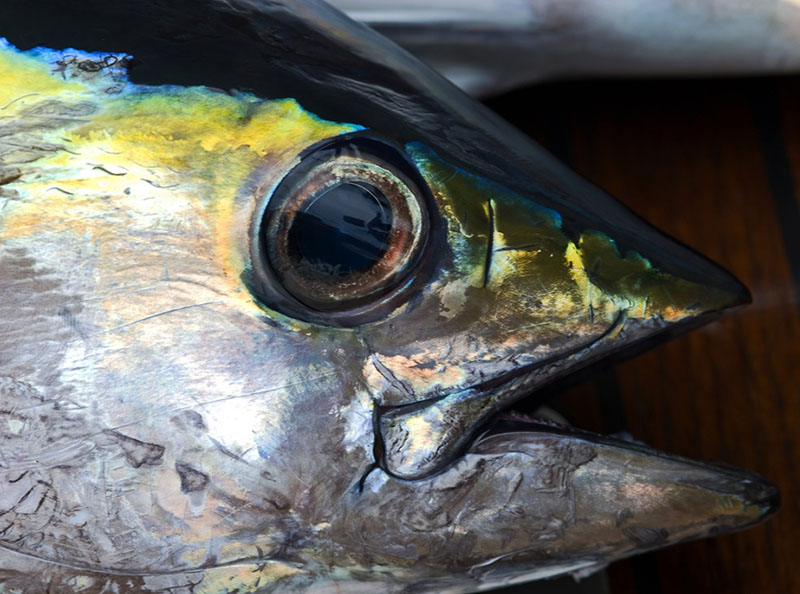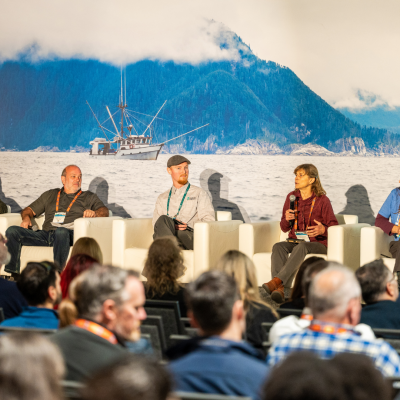The largest producer of Gulf of Mexico yellowfin tuna said he’s seeing some positive signs heading into the peak spring and summer harvest season that production could be up from last year’s dismal numbers. But he expects competition from foreign imports to keep average dock prices in the $3 to $6.50 range.
David Maginnis, vice president of Jensen Tuna in Houma, La. , said good-sized yellowfin are starting to show up fairly close to shore.
“We have to hope and pray the fish show up on the western side of the gulf,” said Maginnis. “We’re due for a big producing year for spring and summer.”
He said area closures aimed at protecting bluefins, a deckhand shortage stemming from a NMFS program paying longliners to switch to green stick gear, and cheaper foreign imports driving down prices all contributed to poor yellowfin production in 2018.
According to NMFS data, combined landings for the Atlantic, Gulf of Mexico and Caribbean last year totaled 1.95 million pounds — a significant drop from 2017 landings of 3.3 million pounds.
But landings in January and February this year are way up from the same period last year: 231,870 pounds compared to 165,097. Maginnis said he is paying fishermen $7 per pound for top-quality whole gulf fish, and $4 for second-tier product.
Meanwhile, Pescatlantic Group, an importer and wholesaler in Miami, is selling imported yellowfin from Brazil and other foreign producers to its 300 customers throughout the United States for $6 and $4.25 per pound. The company doesn’t handle gulf yellowfin.
“Right now, it’s a buyer’s market and we’re getting beat up on the price,” said Pescatlantic CEO Cesar Calvo.
“They’re selling for the prices we’re paying the boats,” Maginnis noted.
He believes the domestic product is far superior to much of the imported tuna, saying foreign fleets’ long travel times and use of gear like seine nets degrade the quality.
“The Gulf of Mexico has a reputation for some of the finest fish in the world,” he said. “If our production increases, we’ll have a bigger presence in the marketplace.”







